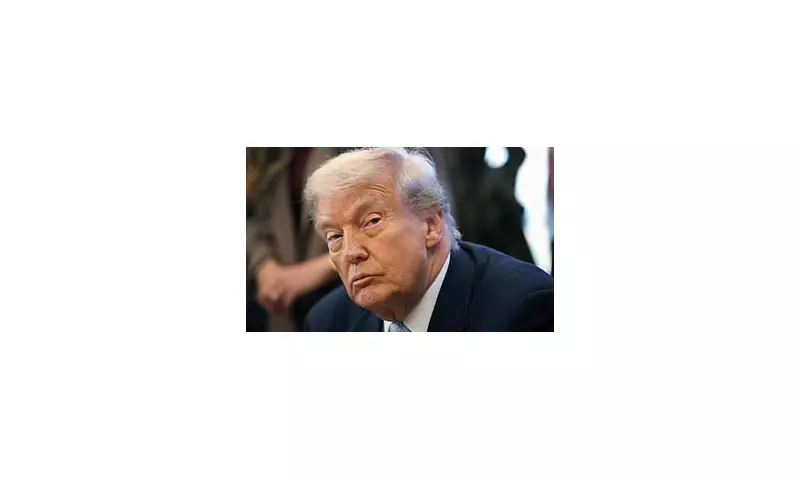
In a significant diplomatic victory for the United States, the United Nations Security Council has thrown its weight behind a peace plan for Gaza put forward by President Donald Trump.
A Landmark Vote for Middle East Peace
The vote, held on Monday, saw the resolution pass with 13 votes in favour. Crucially, the motion faced no vetoes from the permanent members of the council, though both Russia and China chose to abstain. The US ambassador to the UN, Mike Waltz, hailed the outcome as a 'historic and constructive' step.
Ambassador Waltz stated that this resolution creates an environment where 'Gaza can prosper and Israel can live in security.' The approved text is the result of intense, high-stakes negotiations and formally endorses the US president's proposed framework. This plan had already facilitated a fragile ceasefire between Israel and Hamas, which took effect on October 10 in the war-ravaged Palestinian territory.
The Mechanics of the Peace Plan
The core of the resolution authorises the creation of an International Stabilization Force (ISF). This force is mandated to work alongside Israeli and Egyptian authorities, as well as newly trained Palestinian police. Its primary objectives will be to secure border areas, protect civilians, and oversee the demilitarisation of the Gaza Strip.
A key task for the ISF will be the 'permanent decommissioning of weapons from non-state armed groups' and ensuring the safe passage of critical humanitarian aid. Furthermore, the plan establishes a 'Board of Peace,' a transitional governing body for Gaza with a mandate running until the end of 2027. President Trump would theoretically chair this board.
The Path to Palestinian Statehood
Perhaps the most consequential element of the resolution is its mention of a future Palestinian state. The draft text outlines that once the Palestinian Authority implements requested reforms and the massive task of rebuilding Gaza is underway, the conditions could be set for a 'credible pathway to Palestinian self-determination and statehood.'
This prospect has been firmly rejected by Israel. Russia, which holds veto power, circulated a competing draft resolution arguing the US plan did not go far enough in supporting a two-state solution. Moscow's version would not have authorised the Board of Peace or the international force, instead asking the UN Secretary-General for options.
Despite this opposition, the US secured broad support, including from several Arab and Muslim-majority nations. A joint statement backing the text was signed by Qatar, Egypt, the United Arab Emirates, Saudi Arabia, Indonesia, Pakistan, Jordan, and Turkey, signalling significant regional endorsement for the initiative.





